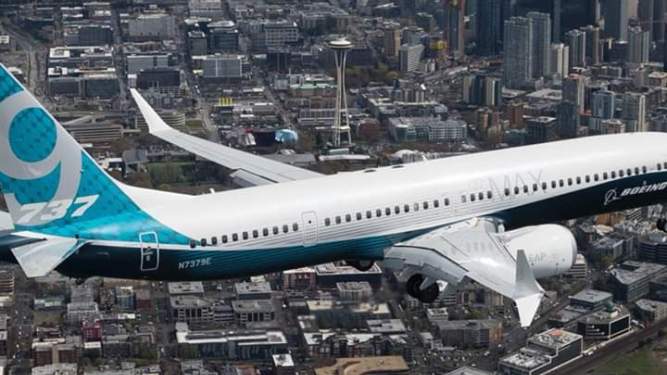Low cost infrastructural devt to secure future growth of Aviation -IATA

The International Air Transport Association (IATA), yesterday, said low-cost infrastructural development and regional cooperation would secure the future and growth of aviation in Africa and the Middle East region.
IATA, the clearinghouse for 285 major airlines worldwide, urged the governments to focus more on cost competitiveness, infrastructure, harmonised regulation, and gender diversity to tackle challenging operating environment.
Speaking at a forum in Kuwait, IATA’s Director-General and Chief Executive Officer (CEO), Alexandre de Juniac, said the director of the global economy was uncertain, but trade tensions were taking their toll.
“The region (Middle East and North Africa) is at the nexus of conflicting geopolitical forces with real consequences for aviation. And airspace capacity constraints have become more extreme. But people want to travel. And economies in the region are thirsty for the benefits that aviation brings.
Some airlines in the region are doing well, but overall Middle East carriers are expected to lose $5 per passenger this year – far below the global average of $6 profit per passenger. Low-cost infrastructure is essential.
“Our message to governments is simple: follow the International Civil Aviation Organisation’s (ICAO) principles, consult users with full transparency and recognise that rising costs have long-term negative consequences. Aviation’s benefits are in the economic activity that the industry catalyzes, not in the tax receipts it generates,” de Juniac said.
IATA recognised the foresight of governments in the region in developing airport infrastructure and urged them to harness the power of technology to ensure that the infrastructure operates efficiently for airlines and conveniently for passengers.
The governments have understood that infrastructure investments are needed to capture aviation’s economic and social benefits. But adequate infrastructure is not just about the bricks and mortar.
The technology that we put into airports is as important. Passengers expect technologies like biometric identification and smart phones to shorten wait times and make airport processes more efficient,” said de Juniac.
IATA called on the two continents to continue to take a leading role in using technology to drive improvement in the passenger experience, highlighting recent projects at airports in Dubai, Doha, and Muscat that use biometric technology. The projects are aligned with industry’s One ID vision for biometric identification which enables paperless travel.
IATA also stressed the need for regulatory harmonisation across the industry and urged governments to implement the global standards that they have agreed to.
de Juniac called on regulators in the region to use the IATA Operational Safety Audit (IOSA) to complement their own national safety oversight activities. Bahrain, Egypt, Jordan, Lebanon, Kuwait, Iran and Syria have already done so. The safety performance of airlines on the IOSA registry is three times better than airlines not on the registry.
Blueprint





